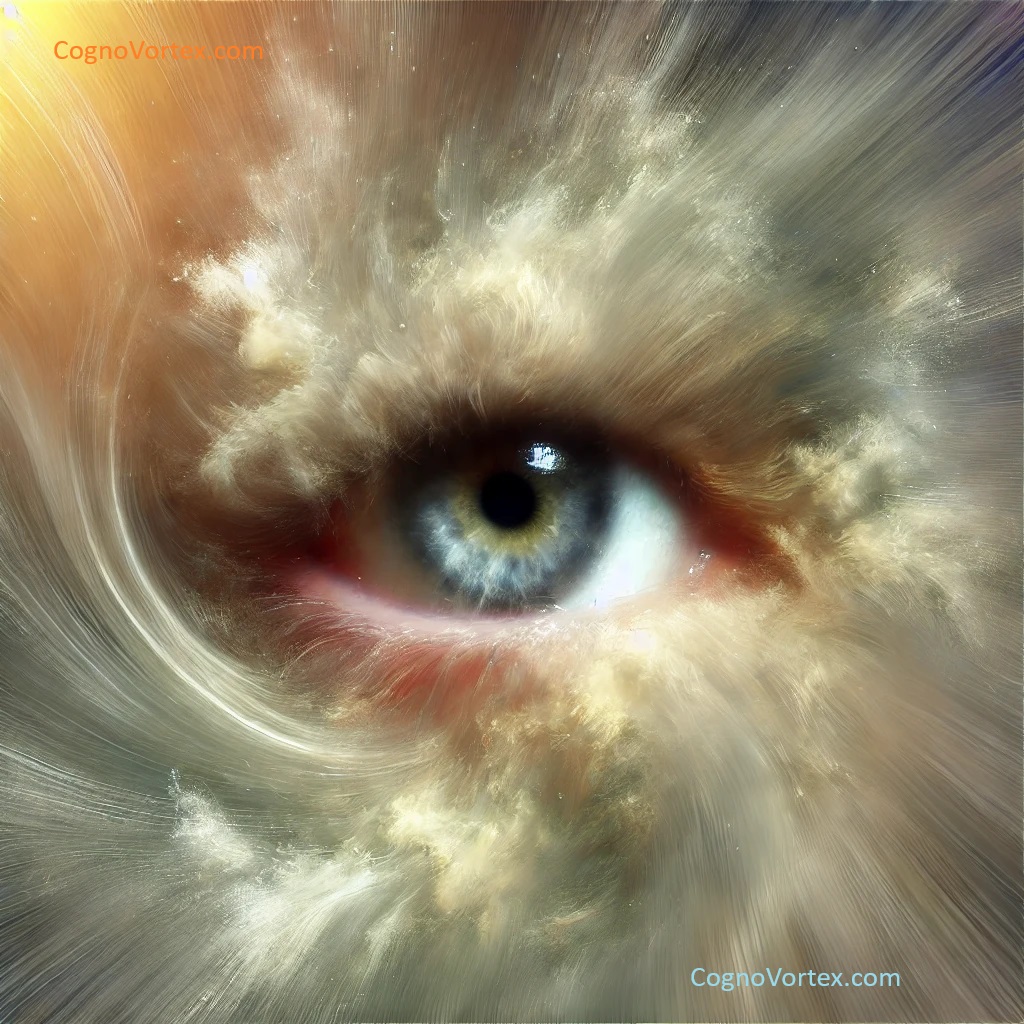“Freedom is the recognition of necessity.” — Friedrich Engels
Harmony is not the absence of challenge but the artful alignment with reality’s currents. To walk in harmony is to move without resistance, not because resistance is erased, but because the individual understands the contours of what resists. Friction arises when the mind denies the structure of its own experience, attempting to outrun or outthink its dependence on limits. Yet, in the paradox of limits lies the truest freedom.
To live freely is to affirm the edges of existence—not as barriers to be transgressed, but as frames through which reality becomes intelligible. The boundary is not a prison; it is the aperture through which light forms a coherent image. Freedom manifests not in the denial of duality but in accepting that duality is the grammar of perception. Denial of this structure leads to the delusion of separation, wherein reality is mistaken for something broken, and freedom is mistaken for escape.
Nondualism, misapplied, blinds the eye that seeks clarity by pretending there is no value in the distinction between the light and its shadow. Yet the interplay between light and shadow is the medium of vision itself. To discard the difference is to invite blindness, for without contrast, the world flattens into unintelligibility. Properly understood, nondualism does not erase distinction; it harmonizes the opposites, revealing their mutual dependence within a larger whole.
Harmony, instead, arises when one ceases to struggle against the necessary distinctions that shape existence. It emerges in the embrace of tension as a necessary rhythm, the pulse through which being and non-being converse. Affirming limits means understanding that the mind’s capacity to perceive is intertwined with the finitude it cannot transcend. True freedom, then, is not the abolition of limits but their affirmation as the scaffolding of meaningful existence.
In this way, harmony is achieved not through annihilation of the boundary but through a creative submission to it. We do not lose freedom by submitting to the limits of perception; we gain it by realizing those limits are the very conditions for perceiving at all. Friction ceases not by denial but by recalibration—an attunement to the frictionless groove already present in reality’s unfolding.
